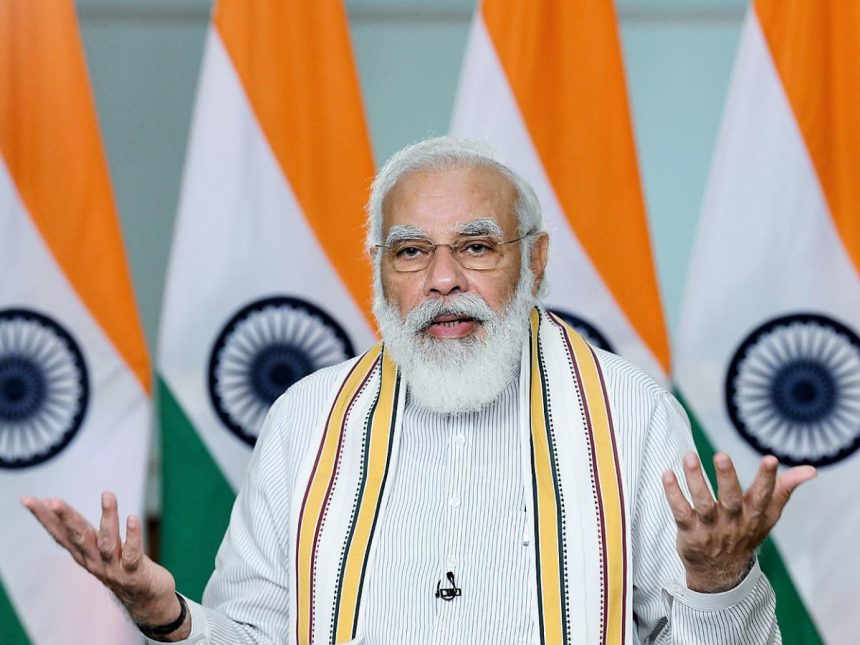What’s Being Proposed
U.S. President Donald Trump has called on the European Union to implement tariffs of up to 100% on imports from India and China. The proposal, according to U.S. and EU officials, is intended as a coordinated economic measure aimed at punishing countries that continue to buy oil from Russia, a key revenue source fueling its war in Ukraine.
Trump made the pitch during a meeting between senior U.S. and EU officials in Washington, which included the EU’s sanctions envoy David O’Sullivan. He suggested that the U.S. would mirror any tariffs that the EU imposes, meaning that Washington would also raise its levies on Indian and Chinese goods should the bloc agree.
Why Now: The Strategic Logic
The push for these steep tariffs arises from concern in Washington about the effectiveness of current sanctions against Russia. Trump and his administration view India and China as major purchasers of Russian oil, helping sustain Moscow’s war economy. Tightening tariffs on them, in Trump’s view, would squeeze Russia’s income further and increase pressure on President Vladimir Putin to negotiate or pull back.
There is also a sense of frustration conveyed in the reports: the U.S. claims that peace efforts have stalled, and drone or aerial attacks by Russia continue, motivating Trump to urge more aggressive steps.
EU Reaction & Legal Hurdles
The European Union, however, appears unlikely to adopt Trump’s 100% tariff demand. EU officials have expressed concerns that such measures go beyond the bloc’s standard approach to sanctions, which typically target specific entities—banks, companies involved in defense-related trade, etc.—rather than entire trading partners. Implementing sweeping tariffs also requires legal justifications, investigations, and risk of retaliation, all of which make it politically sensitive.
Another complicating factor is existing trade negotiations. The EU is in talks with India on trade issues; imposing such heavy duties could jeopardize those conversations.
Potential Implications
- Economic Fallout: If such tariffs were adopted by the EU (and mirrored by the U.S.), trade flows could be severely disrupted. Indian and Chinese exporters could face drastically higher barriers, while European importers might see substantial cost increases.
- Diplomatic Strains: India and China are likely to protest against being singled out. China has already pushed back, rejecting the idea of being pressured for its energy purchasing behavior.
- Effectiveness of Pressure on Russia: It remains uncertain whether targeting India and China this way would significantly reduce Russian oil revenues, or whether Russia could find alternate buyers or routes. Enforcement and the ability to monitor trade flows would be key.











